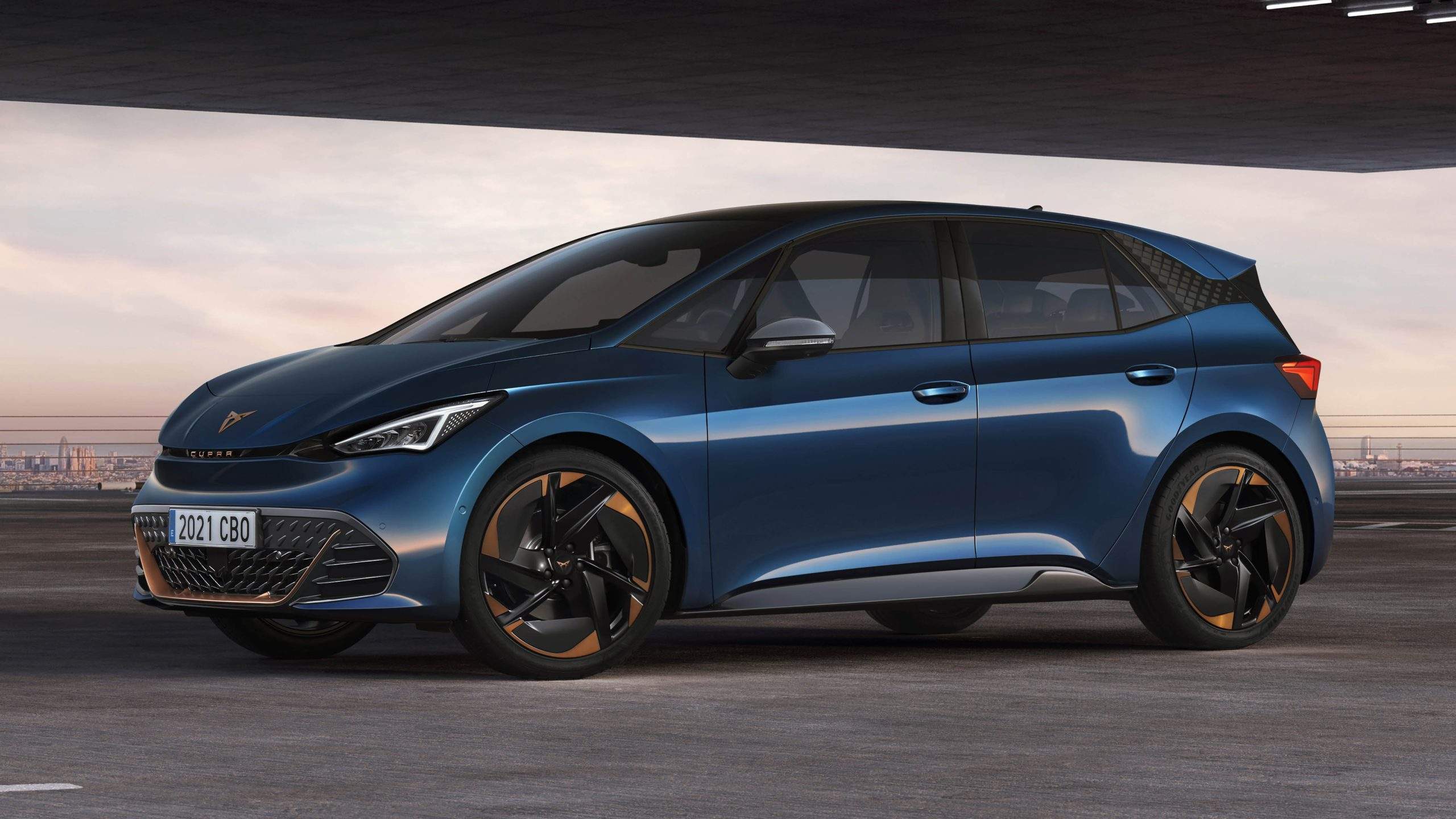
Electric cars are steadily gaining the favour of the British public. Naysayers point to the issues such as limited charging infrastructure and lengthy recharge times, but the fact of the matter is that they’re a great alternative to a petrol-powered car – especially if you buy a small one.
Perhaps the biggest drawback of electric cars is that they’re still very expensive. Even the cheapest EVs (such as the latest Nissan Leaf and the Fiat 500e) cost upwards of £20,000 – and now that the government has scrapped the Plug-in Car Grant, buyers haven’t got access to any free money to offset some of the cost of getting an electric car.
Not sure you have the cash? If you’re lucky enough to have some metal on the driveway already, you should start asking yourself “how much is my car worth?” You can check how much money you could get for your old motor on a car valuation site – and remember that you’ll be saving a load of money each month as you won’t need to find the extra cash for petrol.
10. Reduced fuel costs
Electricity is far cheaper than petrol. Petrol is nearing £2 a litre in the UK, which means the average family car now costs around £100 to fill with fuel. If you cover a lot of miles, you could easily burn through £500 a month in fuel alone – and that’s for something economical like a 1.0-litre Focus. By comparison, filling a Kia EV6 with electricity costs just £22 using a home wallbox. Yes, you get less miles from a “tank,” but you’re still better off in the long run.
9. Convenience
We can hear you shouting at your screen but hear us out. If you have a home wall box installed (you can pick one up for between £500–£1000), you’ll never have range anxiety if you plug your car in every time you come home. You’ll also never need to worry about dashing out for fuel late at night if you’re heading somewhere early the next morning. Your filling station is on your driveway.
8. Speed
Small EV hatchbacks like the MINI Electric are surprisingly nippy. Electric motors make all their power the moment you step on the accelerator, which makes them quick off the mark. Around town, it’s the 0–30mph time that counts – and dinky EVs have got enough poke to quickly dodge around busses and burn boy racers in their Fiesta STs at the lights, so a small electric car is a great choice if you want a motor that is fast and economical at the same time.

7. Interesting design
Manufacturers are doing everything they can to make electric cars appealing to consumers – and this mentality breeds some very interesting looking cars, such as the ice-cold Honda e. It looks fantastic, it’s fun to drive and the cabin has more screens than a branch of Currys. You can even connect a PlayStation to the infotainment system and play video games while the car is parked up. Just be wary of the range. It can only travel 125 miles on a charge, which limits it to the city.
6. Practicality
Kia has proved that you can make an electric car every bit as practical as a petrol one. The Soul EV has ample space for four passengers, 315 litres of boot space and will travel 280 miles on a single charge. It’s even quite good to drive – 0–62mph takes less than eight seconds and it handles well for an SUV. Factor in the cheap fuel bill and you’ve got the perfect family car. To find out more read our article on the best electric family SUVs.

5. You can have a posh one
If you’re buying a small electric car, you can’t get much posher than the BMW i3. It looks like it’s just fell off the set of the latest Star Wars spin-off and its built using fancy materials such as carbon fibre. Like all BMWs, the cabin’s a lovely place to be and you get plenty of clever infotainment technology. And it wears a BMW badge, which is worth its weight in gold.
4. Range figures are approaching that of petrol cars
We’ve already mentioned the Kia Soul EV, which can cover an impressive 280 miles on a single charge. However, there are plenty of other cars on the market that can cover more than 200 miles between charging stops, such as the Peugeot e-208 and the Vauxhall Corsa-e.
3. Charge times are decreasing, too
Fresh new DC rapid charging tech means you’ll spend less time waiting around if you’re caught short on the road and need to top your EV up using a public charger. For example, the Vauxhall Corsa-e can take on an 80 percent charge in just 30 minutes when connected to 100kW charge point.
2. Used EVs are getting cheaper
The government Plug-in Car Grant help hundreds of thousands of buyers into new electric cars – but if you’re prepared to shop around on the used market, you can pick up some real bargains. Low-mileage Renault Zoes (we’re talking cars with between 30,000 and 40,000 miles on the clock) are changing hands for around £8,500, which is a huge saving over the near-£30,000 price of a new one.
1. You’ll help to save the planet
The Mayor of London said that road transport accounts for around half of the city’s air pollution. Just one electric car on the road can save an average of 4.4 tonnes of CO2 emissions over the course of a year – and the more electric cars there are on the road, the cleaner the air will get. By driving an electric car, you’re helping to combat climate change.
